From babies to kitchen counters, we’re all familiar with the dirty deeds carried out by sanitary wet wipes. When it comes to wreaking havoc on our sewer infrastructure, however, wet wipes have more than one dirty secret.
The Path Out of Coronavirus Lockdown? Follow the Wastewater
As the United State passes the one million mark for documented cases of Covid-19, one of the most frustrating aspects of the current pandemic is that identification and extent of community outbreaks is tied to the number of test kits available. Due to inadequate test kit supplies, available testing has been limited to individuals already experiencing symptoms. This, in turn, has limited the number of identified cases to the number of kits. It is now suspected that in the California Bay Area, the virus may have been circulating in the population more than a month before health officials began looking for it (LA Times, April 11, 2020).
Finding a quick way to locate and identify disease outbreaks before they manifest in the community has researchers at several universities focusing their attention on a surprising yet familiar matrix—wastewater. Interest in the new field of wastewater-based epidemiology (WBE) has gained traction and offers a promising way to identify coronavirus using wastewater. “WBE holds the promise of near real-time monitoring of disease outbreaks,” according to an April 23, 2020 news release from Arizona State University.
Preparing for PFAS Phases II & III
This month Babcock Labs held a sold-out TEAM Event on PFAS regulatory updates and monitoring insights. Our guest speakers, Southern California Section Chief Jeff O’Keefe (Division of Drinking Water, State Water Resources Control Board) and Drinking Water Practice Leader Rob Little (Woodard & Curran) shared their expertise and answered attendee questions. During his presentation, Mr. O’Keefe reminded attendees that Phases II and III of the State Board’s Phased Investigation Approach are forthcoming, planned for Summer and Fall of this year.
California's Phased Investigation Approach to PFAS
Last month the Division of Drinking Water and the Division of Water Quality announced the State Water Resources Control Board’s phased investigation approach to PFAS. It is the intention of the Board to begin the investigation by collecting PFAS detection data at 31 airports and 252 municipal solid waste landfills. These facilities have the potential to impact over 1,320 surrounding drinking water wells and drinking water sources.

